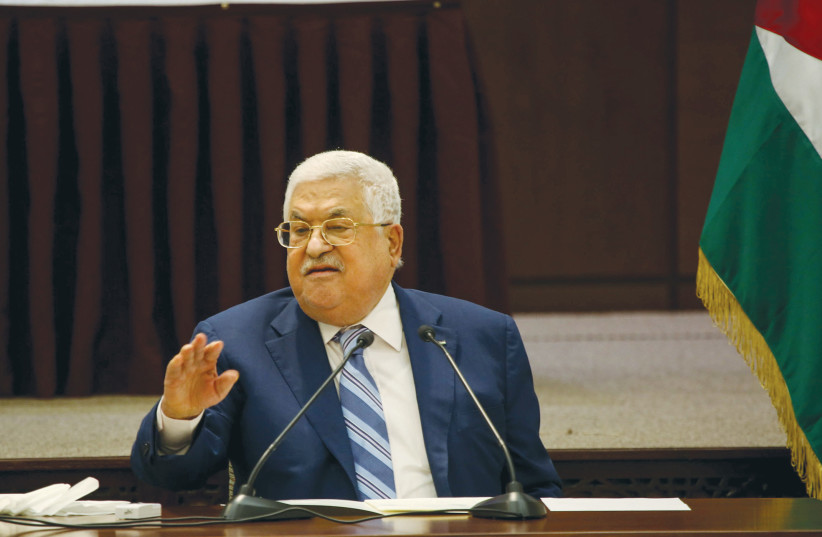A parole board on Sunday held a hearing regarding a third request for an early release by attempted murderer Ahmad Manasrah, which it is again expected to reject.
The board had been expected to issue a decision as early as Sunday. However, some of the special history it has had to deal with might have led to a delay, with those involved unsure how long the deliberations will drag out.
What is unusual about the case is that during the height of the Knife Intifada of 2015, when Manasrah was only 13, he stabbed and attempted to murder a 12-year-old Israeli boy named Naor Ben Ezra.
With graphic video footage of the attack, Manasrah immediately achieved fame and infamy because of the shock of such a young Palestinian child trying to kill such a young Israeli child.
Manasrah was caught after a car hit him as he fled the scene.

Palestinian Authority President Mahmoud Abbas made false global news at the time, claiming that Israel had executed an innocent 13-year-old boy in cold blood.
When Israel released video of Manasrah clearly alive in his hospital bed, Abbas backed off some. Nonetheless, the case still became a cause célèbre for some who accused Israel of “mistreatment of minors” while ignoring his crime.
Next, then-justice minister Ayelet Shaked successfully moved forward legislation to allow sending a 13-year-old to jail for crimes previously committed once they reach the age of 14.
Until the age of 14, Manasrah was still sent to a closed orphanage, as the law prescribed at the time.
But the new law facilitated sending him to prison once he reached the age of 14, as most of the political class was enraged by the idea that Manasrah could commit an ideological crime against a Jewish Israeli with no consequence.
They claimed that the prior law was not meant to cover such ideological crimes.
The current fight and Sunday’s delay can be dated back to when an additional law was passed in 2019, limiting the ability of parole boards from granting early releases for terrorism-related crimes.
Early release bids
Following the passage of that law, the prosecution objected to any early release for Manasrah, saying he had committed an act of terrorism.
In fact, at first, the parole board did not even allow Mansarah to file a written legal brief in favor of early release, saying that the 2019 law barred it from even considering the issue.
However, on appeal, the district court ordered the parole board to carefully consider the specific issues in play.
This time, the board allowed Manasrah to file a legal brief, but denied him the right to oral arguments, adding that there was no point since the 2019 law clearly barred an early release.
Once again, the district court rebuked the board on appeal, saying it should have allowed Manasrah the right to oral arguments.
This time Manasrah was allowed to make oral arguments, but the board did not allow Naor Ben Ezra nor his lawyer Maurice Hirsch to make arguments against an early release.
There is a growing tradition of victims having a voice regarding issues of sentencing and early release of those who assaulted them.
Hirsch said the board was wrong to prevent Naor from being heard on the issue, while hearing Manasrah.
He said if the board grants an early release, he will appeal on the grounds that Naor was not given the chance to be heard.
Recently, a parole board’s decision to grant an early release to a sexual offender was overturned by a district court when it heard from some, but not all, of the offender’s victims.